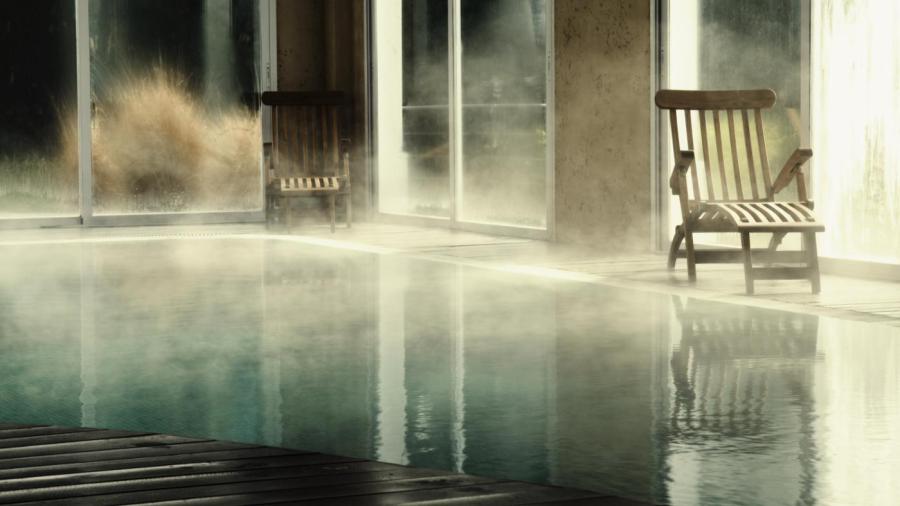Why Does Warm Water Evaporate Quicker Than Cold Water?

Warm water evaporates faster than cold water as the energy required to release water molecules from the surface is more readily available in the form of heat. Heat is the key to ensuring greater movement between molecules and liberation
For evaporation to occur, several factors need to be met. The molecules must be near the surface, be moving in the right direction and have sufficient kinetic energy to overcome liquid-phase intermolecular forces. The last factor is the key to this question as the temperature of the molecules have a direct relationship with the amount of kinetic energy stored. The warmer the water, the more kinetic energy is available to liberate the molecules.
Evaporation is a key part of the water cycle with water vapor evaporating from the surface of the earth, cooling and gathering in the atmosphere and falling back down to earth as rain.
An interesting factor to note is the surface area of the body of water in question. A greater number of molecules occur on the surface of a wide pool as opposed to a narrow pool. As a result, more molecules are heated and liberated during the day, proving the first factor required for evaporation.





